If you had a chance to see actor Kelsey Scott at work in the movie 12 YEARS A SLAVE, where she played a hard-pressed woman named Anne Northup, it may occur to you that she has grit, a kind of inner stillness in the face of injustice. But that would only be one aspect of Scott, who has generously offered up her experience in Hollywood as a window into the New Hollywood era.
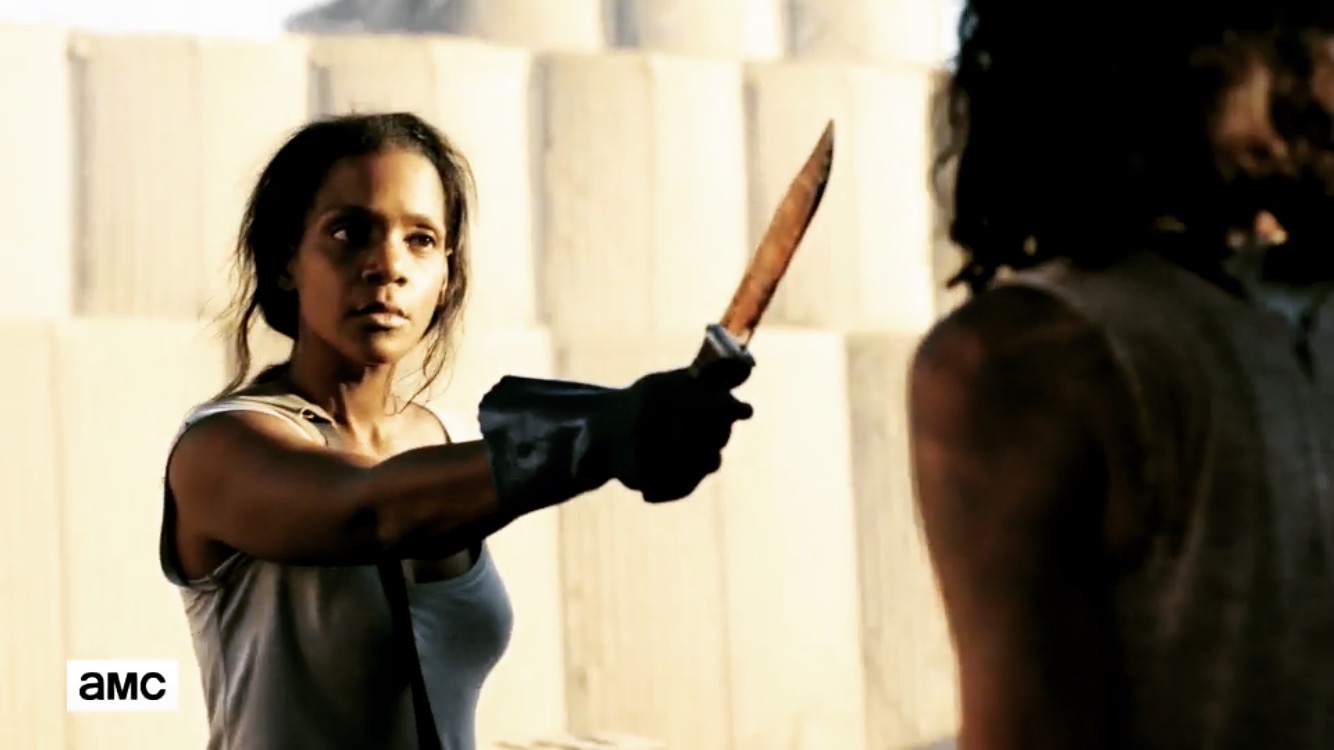
In this new creative landscape, where casting and casting choices have taken a turn for the better since #TimesUp; no longer do we see the sanctioned pool of talent for a limited number of rigid roles.
Kelsey’s full biography follows this exploration. But now let’s ‘lean in’ while she shares her story here for you on Thrive Global.
Quendrith Johnson: How did you decide to become an actor?
Kelsey Scott: I don’t remember when I wasn’t an actor. It’s the ‘decision’ part of that question that gives me pause. I stepped onto stage when I was very young and immediately felt at home. I kept doing it because it kept filling me up – even as a child. Although my first professional performance was at six, my pursuit of subsequent opportunities was more organic than purposeful.
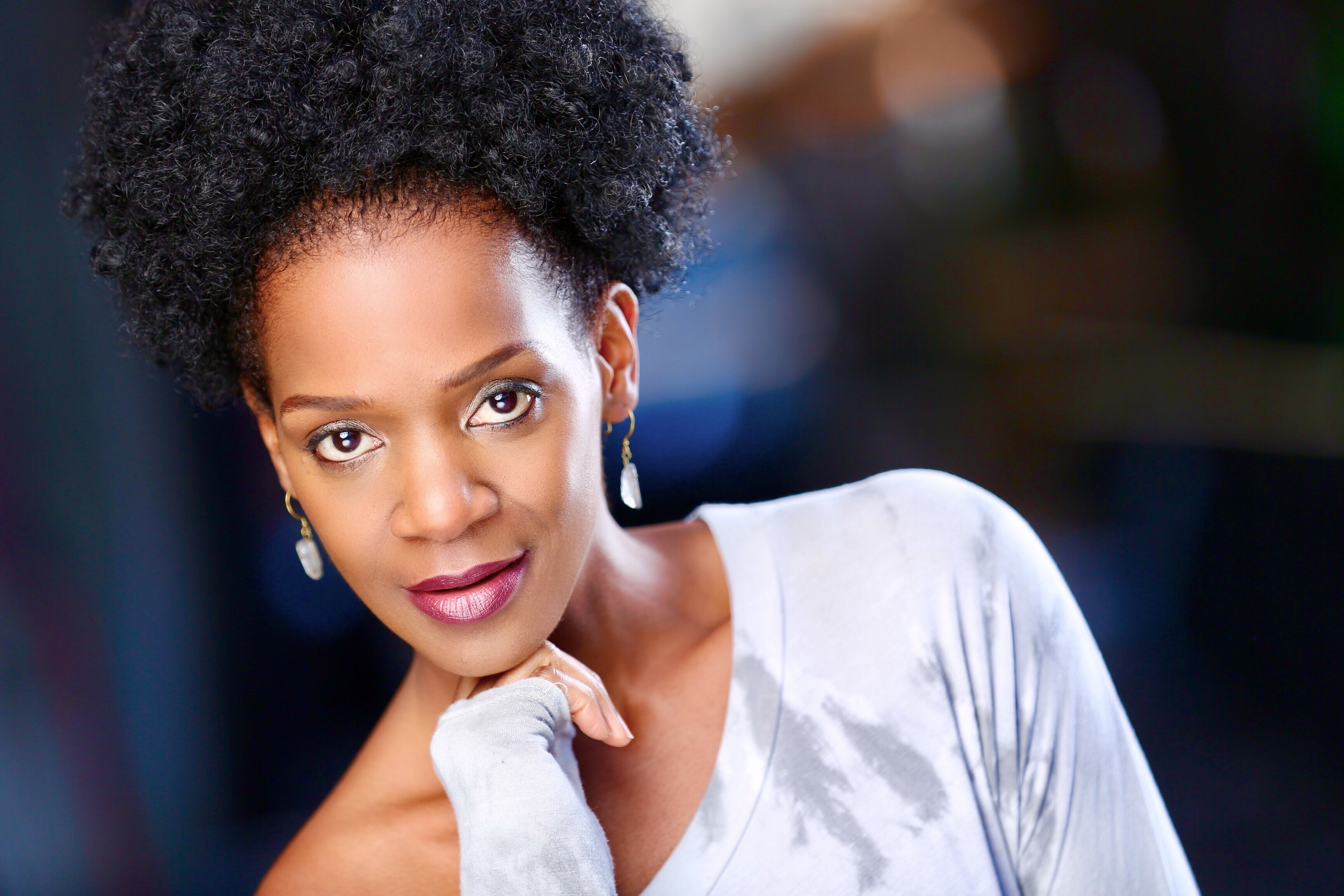
My mother would read about an audition in the newspaper, or a friend would mention an audition she had heard about… By the time I enrolled in a performing arts high school, I was obviously in love with the process. But, even then, I wasn’t thinking of it on a career level. I just wanted to do more of it.
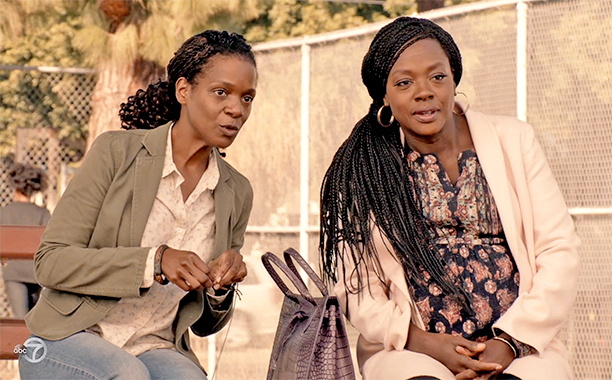
Education was paramount to my English professor mother, so college was the no-negotiation path. Two degrees later, in Journalism and Film, I was legitimately at the decision stage.
But I had an affinity for both sides of the camera and the ‘industry’ wanted me to commit to only one. It took some time for me to find my declarative artistic voice and say that I am both an actor and a screenwriter.
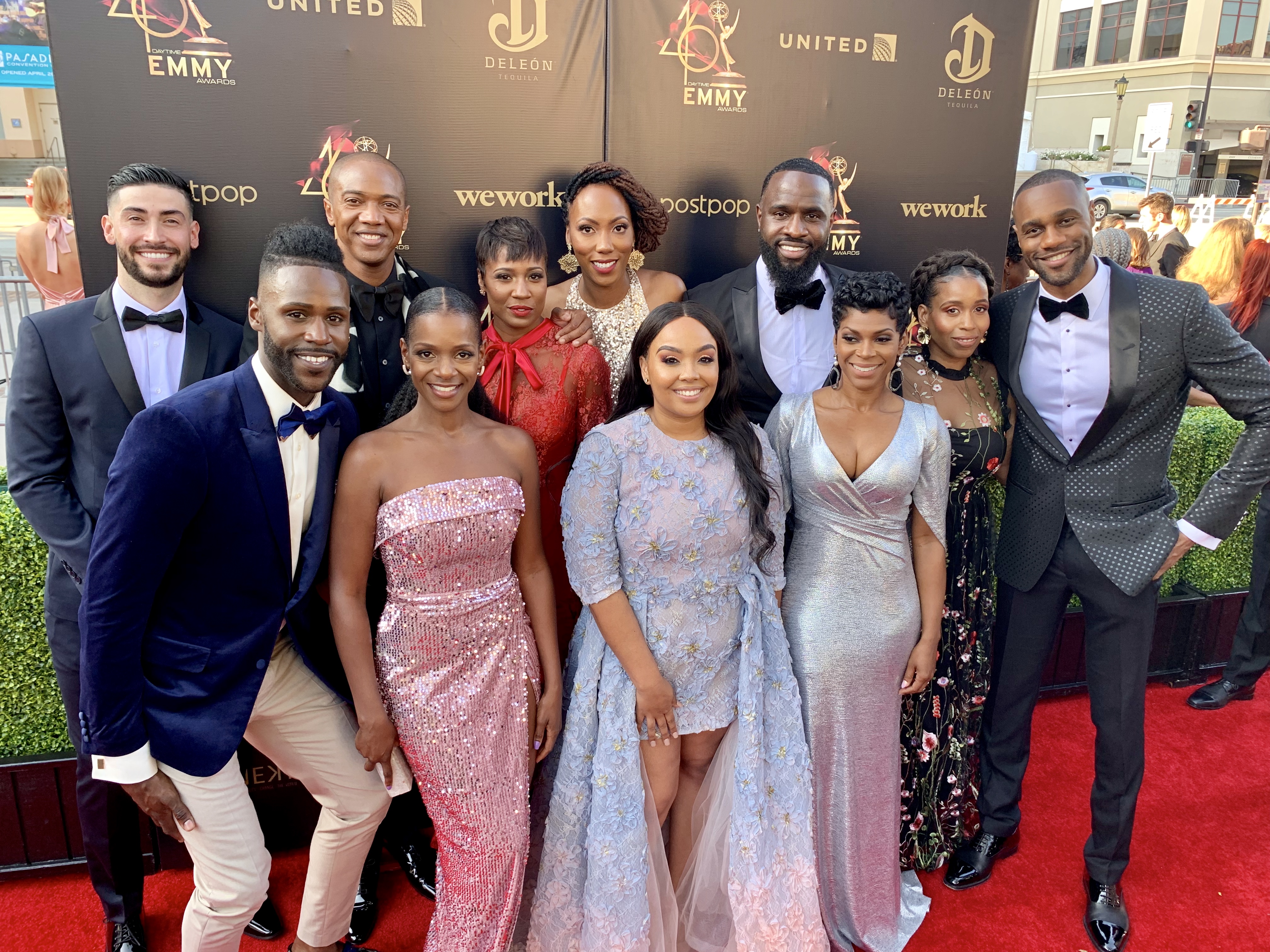
Nothing has ever sustained my spirit as acting does. Fully committing to that title, that path, that specific set of sacrifices, might be a little over a decade old, in practice. But I’ve come to realize that I actually made that decision the first time I said “more please”.
Quendrith Johnson: When you’re up for a role, are you counting the women of color up also (or is the breakdown so specific you know it’s a type) – and with controversial projects like “12 Years a Slave,” did it make Hollywood typecast you in that tone?
Kelsey Scott: The roles for which I go in are usually earmarked for a woman of color. If I encounter a ‘mixed-bag’ waiting room, it’s a surprise. But my team does pitch me for roles that specify a different race or gender, if the script doesn’t require the role to check those boxes. And sometimes advocates show up unexpectedly.
On one occasion, the breakdown called for a 40-year-old white male. A female casting director, who’d had me read for other projects, asked me to submit a self-tape. I ended up booking the role. I didn’t find myself typecast after “12 Years A Slave”. But I continue to battle boilerplate depictions of gender and race. My goal is to present a take on these characters that’s true to the narrative, and a diversion from the stereotype.
Quendrith Johnson: Besides Cicely Tyson, who turns 95 this year — and you can go back as far as Oscar winner Hattie McDaniel, Leslie Uggams, Diahann Carroll, Pearl Bailey, even Dorothy Dandridge in Otto Preminger’s Carmen Jones (1954) — who were specific actors from the black community who made you think a career in Hollywood might happen for you?
Kelsey Scott: I never experienced an epiphanic moment like this. Part of that ties in with when I consciously made the decision to follow this path.
By the time I named my journey, I was already on it and had witnessed countless examples of black actors who made and were making their marks.
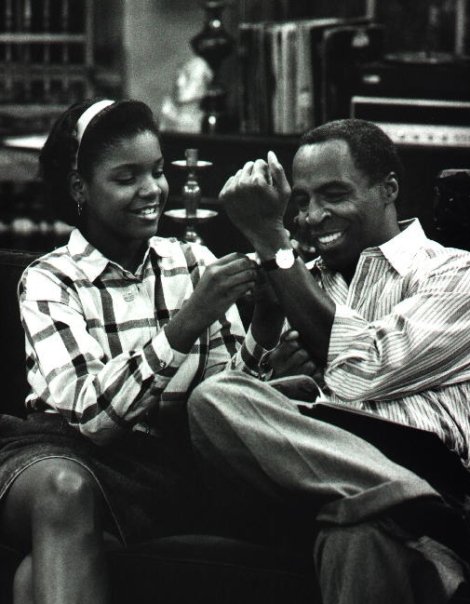
Also – and this is a direct influence of my mother – it never occurred to me that is wasn’t possible. I was raised to believe that the combination of commitment, consistency and evolving strategy, makes everything doable. That’s how I approach everything in life.
Quendrith Johnson: Have you ever found yourself in a scenario where you prepared a role one way, but were asked to portray it differently when you got to set?
Kelsey Scott: Yes and no. I’m always prepared to take direction on set. There are situations in which you might not meet the director until the day you shoot.
So the opportunity for collaboration hasn’t yet been presented. There was a particular project, though, that stepped outside of a simple re-direct. The written character played on some socioeconomic shortcuts that didn’t leave much room for layers.
In my audition, I decided to play against type, to flesh her out. I booked the role – but when I went to wardrobe, the clothing read more like the stereotype.
Clothing that had been approved by the same director who sat in on my audition. So I was confused. Was the expectation that I’d play against type, but dressed this way? Or was I supposed to adjust my performance?
As a knee-jerk reaction, I played the wardrobe. But I felt inauthentic on the first take and doggie-paddled my way to a hybrid, on the subsequent takes. Although I received no significant pushback on either choice, I wish I’d have delivered the same performance from my audition. Or that I’d pressed the director to address the dichotomous messaging.
We’re taught to make strong choices, as actors. Sometimes we have to remind ourselves to persist in those choices, from audition to ‘cut’.
Quendrith Johnson: From Sci-fi, to leads in horror films, to space aliens, do think mainstream Hollywood can segue from division to diversity; or do you think there will always be some level of lip-service paid to, especially to, women of color when it comes to significant casting in tentpoles or big franchise pictures from Marvel, or all the major studios?
Kelsey Scott: I think the Hollywood system will always be predominately risk-averse. And operating outside of one’s bubble feels like a risk. The abundance of sequels, pre-quels, remakes and adaptations is not a coincidence – it’s a marketing strategy. It’s a blueprint for an audience-guarantee, before the first scene is shot. The drive to protect the purse. And this is still a business.
A “mainstream” shift in casting can only be significant with the recognition that the bubble is an illusion. That the world is much more ‘colorful’ than is acknowledged, and thus the audiences for those faces, those stories, is far more vast than the industry-urban legend.
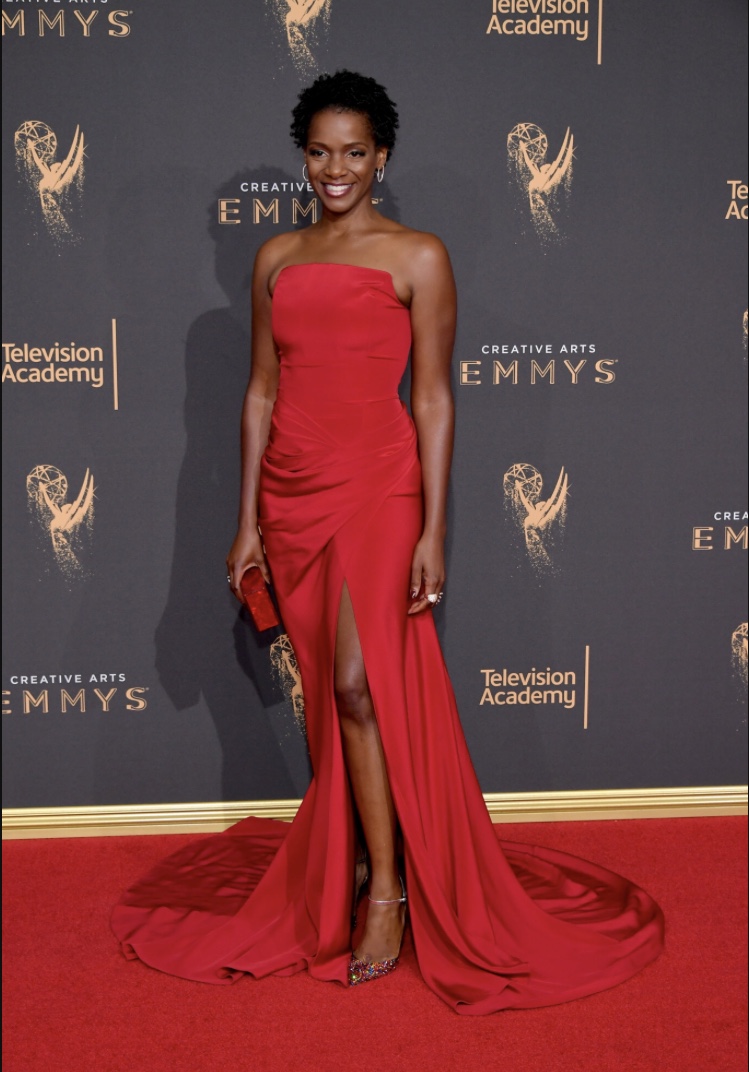
High-performing tentpoles like Black Panther help to shift that mindset. But at the end of the day, mainstream gatekeepers, decision-makers and purse-holders must be willing to challenge the veracity of the bubble. To appreciate that casting a woman of color in tentpole and franchise pictures enjoys the same degree of calculated risk than casting any other performer.
More About Kelsey Scott
Two-time Emmy-nominated actress and screenwriter Kelsey Scott began her career in the theatre scene of her hometown of Atlanta. Best known for her role as Anne Northup in the Oscar-winning 12 Years A Slave and her harrowing arc as Wes Gibbins’ mother, Rose, on How to Get Away With Murder, her credits span a diverse collection of projects. Her television appearances include NCIS, Grey’s Anatomy, True Detective, Army Wives, Lifetime TV’s Courage to Soar: The Simone Biles Story, and HBO’s Insecure. She recently received a Daytime Emmy nomination for her Guest Star role on Giants. In 2017, she received a Primetime Emmy Nomination for her leading role on Fear the Walking Dead: Passage.
You Can Follow Her & Ask More Questions
The Dark Red, as a doctor who counsels a woman claiming her newborn was stolen by a secret society, to harvest its supernatural abilities; Hatshepsut, as a woman who presented herself as a man and reigned as Pharaoh in ancient Egypt for 22 years, and Giants, in her Emmy-nominated performance as a life coach to a struggling millennial. And everything social at @MsKelseyScott.
# # #


